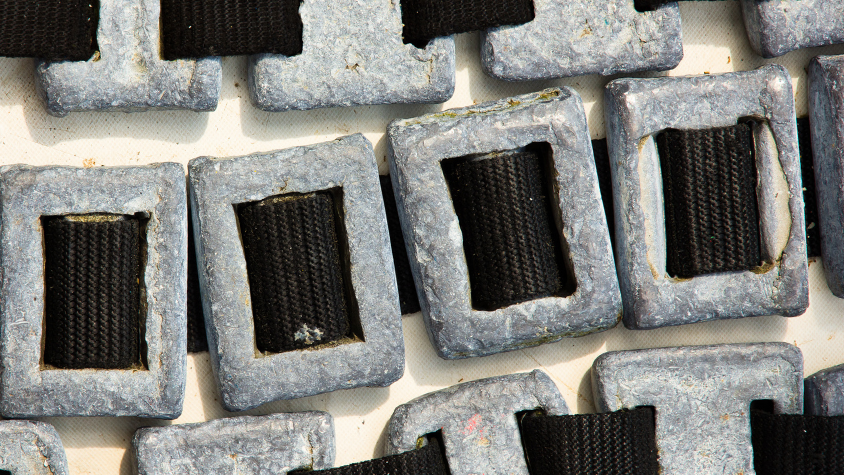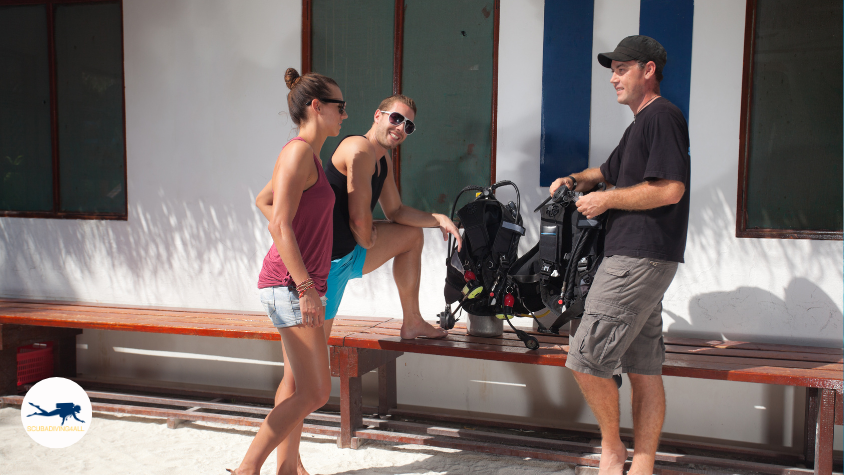Scuba diving is a captivating adventure that allows us to explore the wonders of the underwater world. However, for a safe and enjoyable dive, achieving proper buoyancy is crucial. Dive weight calculation plays a pivotal role in finding that perfect balance underwater. In this article, we’ll delve into the intricacies of dive weight calculation, providing you with the knowledge to master this essential skill.
Understanding the Basics
Before we dive into the calculations, let’s grasp the fundamentals of dive weight. Dive weight, often referred to as lead weight, is the extra weight that divers wear to counteract buoyancy and help them descend and maintain proper depth during a dive. It’s necessary because our bodies, wetsuits, and equipment naturally make us positively buoyant in water.
Several factors influence dive weight, with the primary ones being your body weight, exposure suit, and the type of tank you’re using. As a starting point, many divers follow a simple rule of thumb, which suggests using about 10% of your body weight as your initial dive weight.
Adjusting Dive Weight
While the 10% rule is a good starting point, it’s crucial to make adjustments based on your specific diving conditions. For instance, in tropical waters with a thin wetsuit, you might need to subtract 4-6 pounds (1-2Kg) from your initial weight. Conversely, if you’re diving in cold water with substantial exposure protection, adding 4-6 pounds (1-2Kg) is often necessary.
Another method for calculating dive weight involves considering the thickness of your wetsuit. For every millimeter of your suit’s thickness, you can add 1 kg (2.2 pounds) of weight. Additionally, include an extra 2 kg (4.4 pounds) to account for other factors. For example, if you have an 80 kg (176 lbs) body weight and wear a 3 mm wetsuit, you’d need approximately 5 kg (11 pounds) of weights. If you have a slim body shape, consider adding only 1.5 kg (3.3 pounds), and for larger individuals, 2.5 kg (5.5 pounds) may be necessary.
Dive Weight Calculators
To simplify the process of determining your ideal dive weight, numerous online tools and apps offer dive weight calculators. These calculators take into account various factors and provide you with a more precise estimate of the weights you should use for your dives. They can be incredibly useful for both beginners and experienced divers.
Some popular dive weight calculator websites or apps include DiveBuddy, Social Diving, and Omni Calculator. These tools help you fine-tune your dive weight based on your specific circumstances, ensuring you achieve optimal buoyancy.
Safety Considerations
While getting the right amount of weight is essential for buoyancy, it’s equally important to prioritize safety. Over-weighting can lead to several issues, including increased air consumption, difficulty ascending, and a higher risk of barotrauma. Therefore, it’s crucial to avoid excessive weight.
To maintain safety, always perform buoyancy checks during your dives. These checks involve assessing your buoyancy and making necessary adjustments to your weight if you find yourself too heavy or too light. Regular practice and awareness of your buoyancy will help you fine-tune your dive weight over time.
Expert Tips
To become proficient in dive weight calculation, consider these expert tips:
- Seek guidance from experienced divers and instructors.
- Conduct in-water buoyancy checks to ensure you’re properly weighted.
- Trust your instincts and adjust your weight as needed during your dives.
Frequently Asked Questions
Q1: How do I calculate my initial dive weight?
A1: You can start with approximately 10% of your body weight as your initial dive weight.
Q2: What factors should I consider when adjusting my dive weight?
A2: Factors like water temperature, exposure suit thickness, and your body shape play a role in adjusting your dive weight.
Q3: Are dive weight calculators accurate?
A3: Dive weight calculators provide accurate estimates based on various factors, making them a valuable tool for divers.
Conclusion
In the world of scuba diving, mastering dive weight calculation is a skill that enhances your safety and enjoyment underwater. By understanding the basics, making precise adjustments, using dive weight calculators, prioritizing safety, and following expert advice, you can achieve perfect buoyancy on your dives. So, get ready to explore the underwater wonders with confidence, knowing you’ve mastered the art of dive weight calculation.
References:



